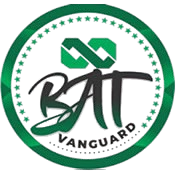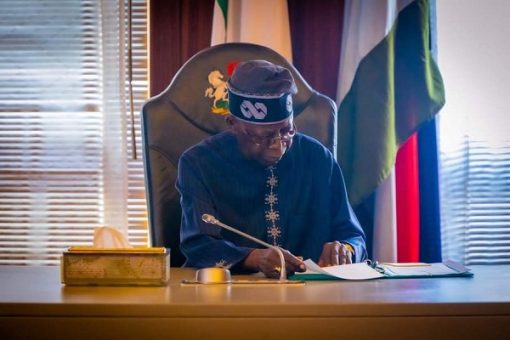President Bola Ahmed Tinubu yesterday explained why his administration linked its Eight-Point Agenda to Digital Identity Initiatives.
He said the measure would streamline service delivery, reduce bureaucratic bottlenecks and allow Nigerians to benefit directly from government programmes and services.
The President said a robust and efficient digital identity system has proven vital for the success of government programmes, such as providing incentives for farmers, the student loan scheme, the National Youth Talent Export Programme, Renewed Hope City and Estate Housing initiative, and the Skill-Up Artisans Programme.
President Tinubu said this at the Nigerian Air Force (NAF) Conference Centren in Kado, Abuja, while declaring open this year’s National Identity Day organised by the National Identity Management Commission (NIMC).
The President, who was represented by the Secretary to the Government of the Federation (SGF), Dr. George Akume, said this year’s event with the theme: Digital Public Infrastructure (DPI) – Enabling Access to Services, underscored the critical role that digital identity plays in the nation’s development.
President Tinubu said this at the Nigerian Air Force (NAF) Conference Centren in Kado, Abuja, while declaring open this year’s National Identity Day organised by the National Identity Management Commission (NIMC).
The President, who was represented by the Secretary to the Government of the Federation (SGF), Dr. George Akume, said this year’s event with the theme: Digital Public Infrastructure (DPI) – Enabling Access to Services, underscored the critical role that digital identity plays in the nation’s development.
“Digital Public Infrastructure (DPI) is the backbone that enables access to essential services, from healthcare and education to financial inclusion and social welfare.
“It is through a robust DPI that we can ensure that every Nigerian, regardless of their background or location, has the opportunity to participate fully in our nation’s growth.
“Our administration’s eight-point agenda, which includes food security, ending poverty, economic growth and job creation, access to capital, improving security, enhancing the business environment, upholding the rule of law, and fighting corruption, is intrinsically linked to the success of our digital identity initiatives.
“By leveraging DPI, we can streamline service delivery, reduce bureaucratic bottlenecks, and ensure that government programs reach those who need them most,” the President said.
The Minister of Interior, Dr. Olubunmi Tunji-Ojo, said the day was worth celebrating as it was meant to open up new opportunities for Nigerians to actively participate in government programmes and enjoy the benefits thereof.
He said Digital identity system enables government to plan for its socio-economic programmes and other challenges, noting that it remains critical to social and financial development of the country.
NIMC’s Director General Abisoye Coker-Odusote said: “I must say we are on the right path, and key strides have been made through collaboration and partnerships with government agencies and private sector players – linking of NINs and phone numbers with the telecommunication companies, NIN and Bank Verification Number (BVN) harmonisation with financial institutions to facilitate digital payments, digital money, digital identity and digital processes, amongst others.
“Furthermore, the Student Loan Initiative showcases how DPI can eliminate financial barriers to education.
“By collaborating with 257 institutions, 332,715 students have been registered for loans, and over 18,000 students have already received payments through the initiative,” she said.

